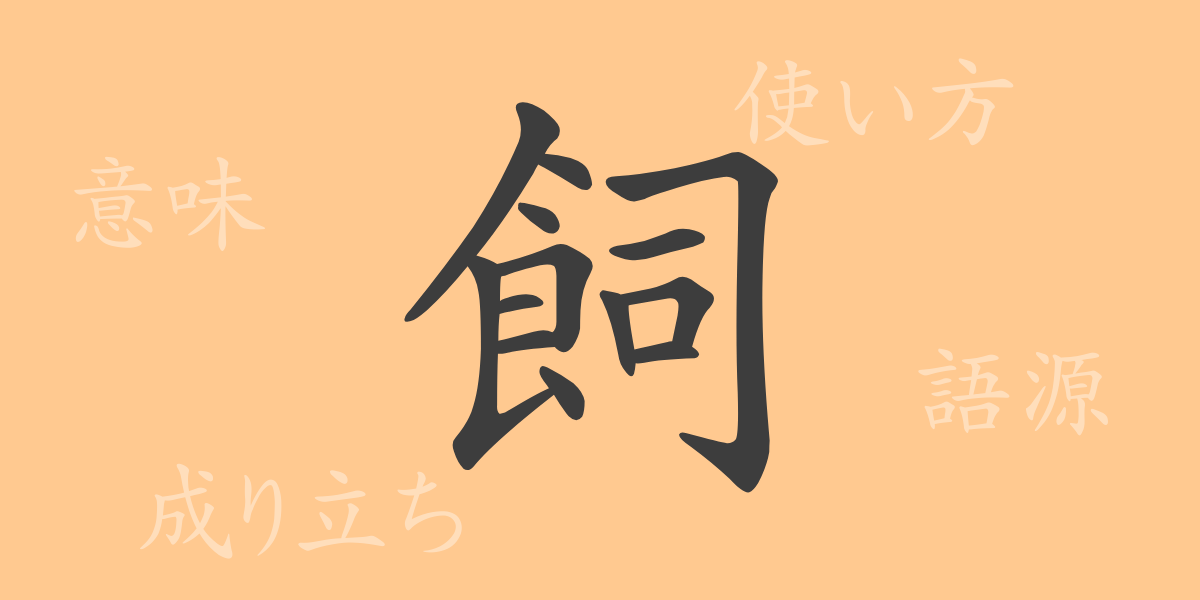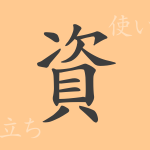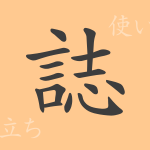The Japanese language contains numerous kanji characters, each with its unique history and meaning. Today, we focus on the common kanji “飼(し)” (飼う: かう). This single character, with its rich vocabulary and idioms, embodies the depth of the Japanese language. This article will delve into the origins, meanings, and uses of “飼(し)”, as well as explore related idioms and expressions to uncover its charm.
Origins of 飼(し) (Etymology)
The origins of the kanji “飼(し)” date back to ancient China. The character is composed of the radical “食(しょく)” (food) with “台(たい)” underneath. Initially, it referred to a stand for food, meaning “to feed.” Over time, the meaning evolved to “nurture” or “take care of” animals, which is how it is used in modern Japanese.
Meaning and Usage of 飼(し)
The kanji “飼(し)” means “to raise” or “to take care of” animals. It is commonly used for domestic animals and pets that humans are responsible for. For example, “犬を飼う(いぬをかう)” means “to keep a dog,” and “魚を飼う(さかなをかう)” means “to keep fish.” Figuratively, it can also be used in expressions like “心配を飼う(しんぱいをかう),” meaning “to harbor worries.”
Readings, Stroke Count, and Radical of 飼(し)
The kanji “飼(し)” is a fundamental character in Japanese, and its readings, stroke count, and radical are as follows:
- Readings: On’yomi (音読み) is “シ(し)”, and kun’yomi (訓読み) is “かう”.
- Stroke count: It has a total of 12 strokes.
- Radical: The radical is “食(しょく)” (food).
Idioms, Phrases, and Proverbs Using 飼(し)
There are several idioms and phrases that include the kanji “飼(し)”. Here are some examples:
- 飼育(しいく): To raise or breed animals, such as in a zoo or at home with pets.
- 飼い主(かいぬし): The person who takes care of an animal (owner).
- 飼い慣らす(かいならす): To tame a wild animal.
- 飼い殺し(かいごろし): Literally means “killing by keeping”; it can figuratively refer to someone whose talents or abilities are not being utilized.
- 金魚の糞(きんぎょのふん): Literally “goldfish droppings”; used figuratively to describe someone who always follows another person closely.
Conclusion on 飼(し)
The kanji “飼(し)” is used in a wide range of contexts, from the everyday act of raising and taking care of animals to figurative expressions relating to human emotions and actions. Its usage demonstrates the richness of Japanese expression. By exploring the idioms and phrases derived from this single character, one can appreciate the cultural and historical background embedded in the language.

























